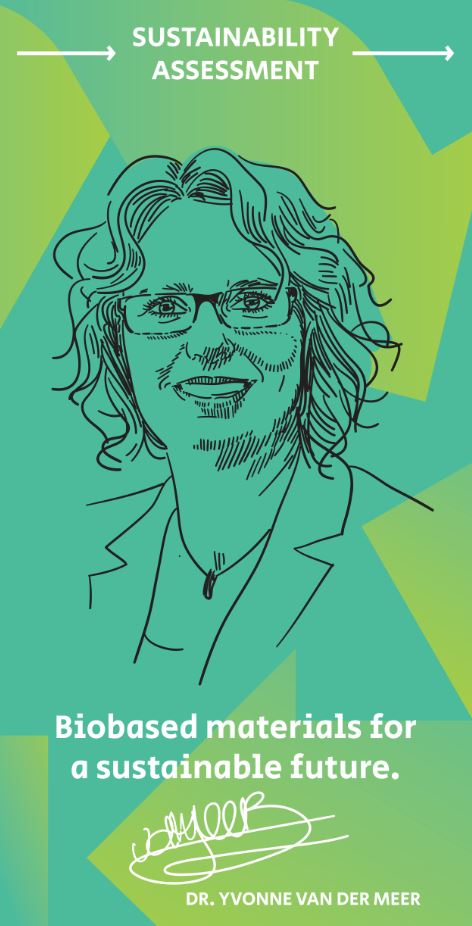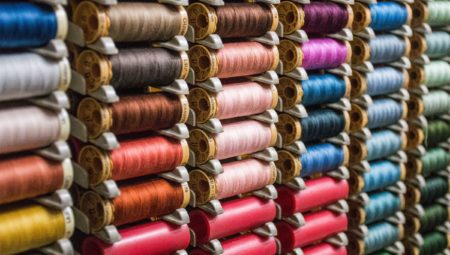The research group was established thanks to a donation to the University Fund Limburg, by the oil and chemical company Saudi Aramco. The company supports the AMIBM research group, but doesn’t deal with the activities of AMIBM in terms of content. The company wants to establish a link with the environment in countries where it operates, and focuses on themes that are relevant to society, such as sustainability. In the Netherlands, Aramco is located in The Hague, but also in Maastricht and Geleen, where it recently acquired 100% ownership of Arlanxeo, a global producer of synthetic rubber.
Passion
Van der Meer holds a PhD in catalysis for the removal of sulphur from diesel fractions to reduce sulphur dioxide emissions. She has been involved with AMIBM for some time as programme leader for Biobased Materials, and co-founder of AMIBM. In this role she has always been committed to making sustainability part of the institute’s research programme. After all, the replacement of fossil raw materials by bio-based ones doesn’t automatically mean that the products are more sustainable, even though that’s often the intention. “There were no researchers who were really passionate about this. That’s why I chose to do it myself, and to start doing research and education as my main activity. For example, I have set up teaching modules at the bachelor and master level to introduce students to the sustainability of bio-based materials, for instance quantifying the environmental impact of a product with Life Cycle Assessment (LCA), or improving the current LCA models for bio-based and circular materials. The research isn’t limited to environmental impact, but also studies economic and social aspects, as these are important pillars of sustainable development, also referred to as People, Planet, Profit.”
Direct access
Aramco’s donation gives her the recognition and start-up funding to build up her research group and engage an employee (PhD). “An advantage of this position in AMIBM is that as researchers we are involved directly in case studies from which data is modelled. The other research groups can also make use of my group’s expertise, to calculate the sustainability impact for their processes.”
This can be useful, for example, in situations where several routes are available for creating a building block. Van der Meer: “Perhaps you have three options and as a chemist you choose what seems best to you through your intuition, the simplicity of the process or the raw material costs. In making a choice like this, it’s certainly also attractive to have information about what is the most sustainable option objectively. It’s hardly surprising that AMIBM’s mission states that we want to accelerate the transition to a bio-based, but also a sustainable future. That’s what triggered me to start doing this work.”




